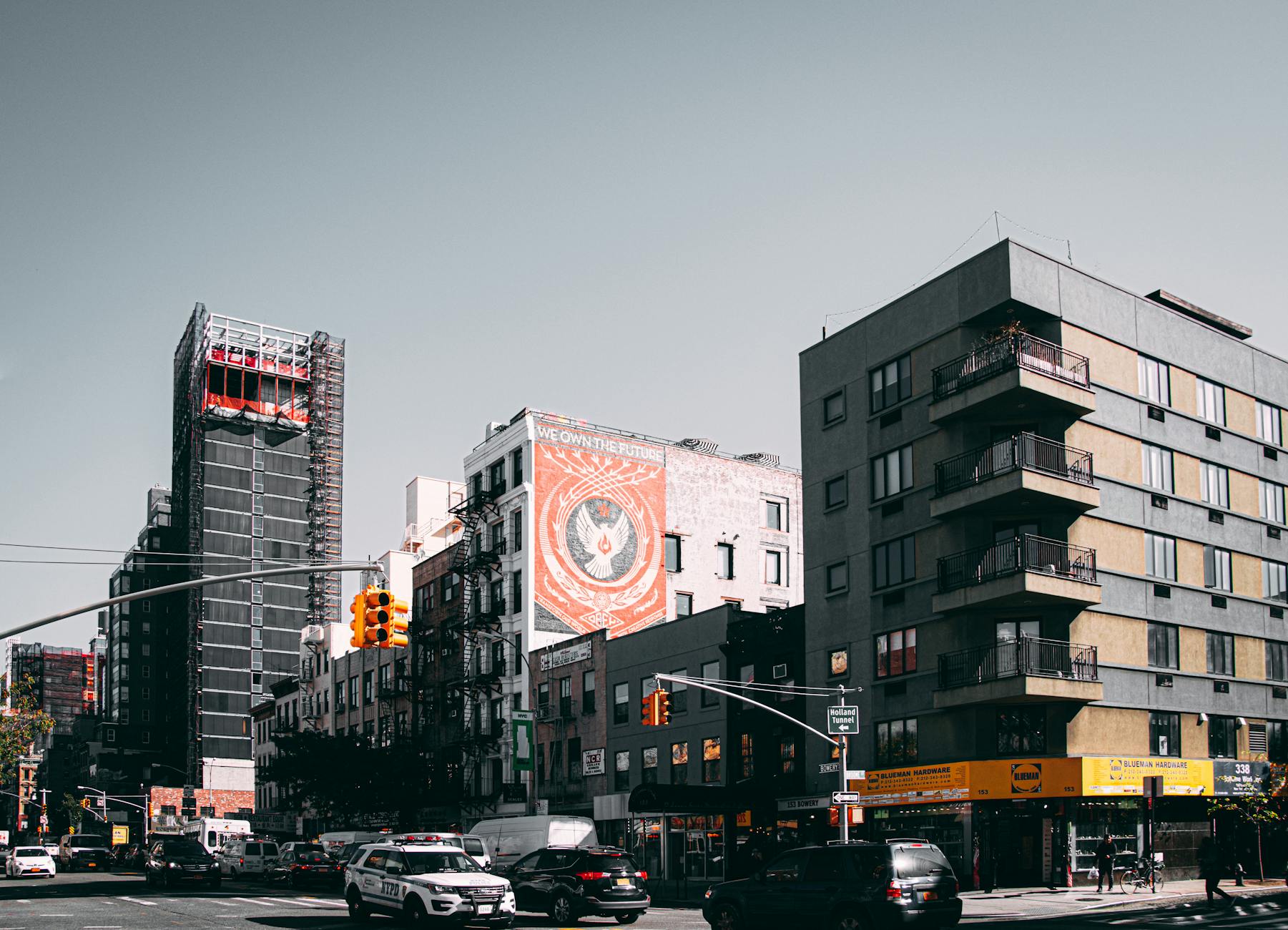How to Navigate Police Checks Across Different States in Australia

Basics of Police Checks
In Australia, understanding the basics of police checks is essential for anyone in event planning or working with government bodies. A national police check is your starting point. It provides a comprehensive background check using records from multiple jurisdictions. This is particularly important when organising events at venues like the Salamanca Arts Centre, where compliance is critical.
With several types of police checks, it’s crucial to know when each is applicable. For most national contexts, a police check nsw ensures that the involved individuals meet legal compliance when events are held within New South Wales. Using an Australian police check, professionals like Jake can ensure continuity and uniformity in compliance, especially for federal-level engagements.
Here are some scenarios when a police check is necessary:
- Events at educational institutes.
- Volunteering events involving vulnerable demographics.
- Contracts with government bodies.
State variations can influence the process and necessary documentation for police checks. Each state's requirements and processing times can impact your event planning timeline. For instance, New South Wales might have specific procedural nuances compared to Victoria or Queensland. Being aware of these state-specific requirements helps Jake, and anyone in a similar position remain compliant without unnecessary delays.
Incorporating these insights into your planning will streamline operations and ensure legal compliance, leaving you to focus more on the creative process and execution.
State-Specific Requirements
Victoria Compliance Steps
Navigating the police check requirements in Victoria can be crucial for those in the event planning industry, especially if you are aiming to host gatherings in vibrant settings like Hobart’s iconic Mona Museum. As a colourful show producer from Hobart, I appreciate the importance of adhering to state-specific regulations to ensure a smooth event experience.
For event planners like Jake, a national police certificate is often mandated for events involving vulnerable groups or government participation. The process in Victoria begins with understanding which specific checks are necessary for your event. The police check act in Victoria provides detailed guidance on these requirements.
To initiate the process, planners must collate required identifications, which typically include a photo ID and proof of address. Next, filling out the application form accurately is essential, as errors can cause significant delays. Submit the form through an approved online portal or by visiting a local police station. Once submitted, the processing can take a few days to weeks, so planning ahead is key to ensuring your event runs smoothly.
Keeping legal compliance sorted allows you to focus on crafting immersive experiences, letting creativity flow unrestricted. At the end of the day, the goal is to make sure everything aligns perfectly for your event, much like stitching the perfect seam in a couture gown.
Application Process
Necessary Documentation
Whether you're preparing for a local fashion event at the Salamanca Arts Centre or anywhere else in Australia, understanding the required documentation for a police check can pave the way for a seamless experience. First, have your primary identification documents ready, such as a passport or driver's license, proving your identity and Australian residency. Supplement these with your current residential address proof, ensuring all documents are certified true copies if you're handling the process offline.
Online and Offline Methods
Harnessing the convenience of the digital age is ideal for someone in the vibrant world of event planning. Applying for a national police check victoria online is straightforward. Start by choosing an accredited provider, fill in the online form, and make a secure payment. Alternatively, offline applications require downloading and completing the form and visiting your local post office for submission. Each method ensures compliance with Australian standards, so pick what suits your schedule and tech comfort.
Expected Processing Times
Once submitted, furrowing your brow over processing times is a common concern. Generally, an online application for a police clearance nsw might culminate within 1-10 business days, absorbing the flexibility and dynamism you need when orchestrating an event. However, remember that complexities in individual applications might extend this timeline slightly, so preparing in advance becomes your best ally for clockwork efficiency. This allows you to maintain your creative focus without being diverted by administration delays.
Managing Multiple Checks
Organizing Paperwork Efficiently
As a freelance event organiser, managing paperwork for multiple police checks can be challenging. To streamline this process, developing a systematic approach is crucial. Start by creating a detailed checklist that includes each event's specific requirements, highlighting whether a national police check NSW or a different type is needed. This proactive approach ensures that no details slip through the cracks, particularly when organising large-scale events.
Using Digital Tools for Tracking
In the age of digital convenience, various tools can help simplify tracking criminal background check documents. Apps designed for project management such as Trello or Asana offer functionalities that allow you to track the progress of each check. Setting reminders for renewal dates is particularly useful, especially when managing recurring events. You can even integrate these tools with calendars to help stay on top of all deadlines seamlessly.
Coordinating with Event Stakeholders
Effective communication with stakeholders is key to managing police checks efficiently. Early coordination allows for better planning and smoother execution, reducing last-minute hassles. It's advantageous to provide stakeholders with clear guidelines and deadlines to ensure compliance with legal requirements. Sharing a centralised document library via Google Drive or Dropbox makes accessing and updating important documents easy for everyone involved.
Embracing these strategies helps alleviate the administrative burden associated with police checks. With careful planning and the right tools, you can focus more on the creative aspects of event planning and less on logistics.
Mistakes to Avoid in Obtaining Police Checks
Navigating State Differences Skillfully
In the vibrant world of Hobart's waterfront fashion boutiques and avant-garde events at the Salamanca Arts Centre, it's essential to understand the nuances of police checks in different states. Each Australian state has its idiosyncratic regulations, almost like a bespoke fashion piece tailored to its unique environment. Failing to grasp these distinctions can lead to complications. For instance, what might hold substance in New South Wales could bear an entirely different meaning in Victoria, causing unnecessary hitches in your well-oiled event machine.
Clarifying Required Checks for a Seamless Process
Imagine curating a masterpiece at the Mona Museum without a clear blueprint. That's akin to misinterpreting the types of police checks needed for your event. Each role, from performers to behind-the-scenes guardians, could demand a different type of check. Always ensure you've decoded the precise requirements for each position. One slip here can unravel the threads of your event planning and leave you scrambling for solutions.
Streamlining Documentation to Prevent Delays
In our industry, time is as precious as the fabric spun by leading designers. Delays from incomplete forms are akin to unexpected snags that disrupt the artistic flow. Double-check and triple-check your paperwork as diligently as you would a fitting for a fashion show. Missing details can stall not just the processing of police checks but also the entire event timeline, leaving you in a bind when every second counts. With meticulous attention to these details, your fashion-forward events will run as smoothly as the finest silk.


